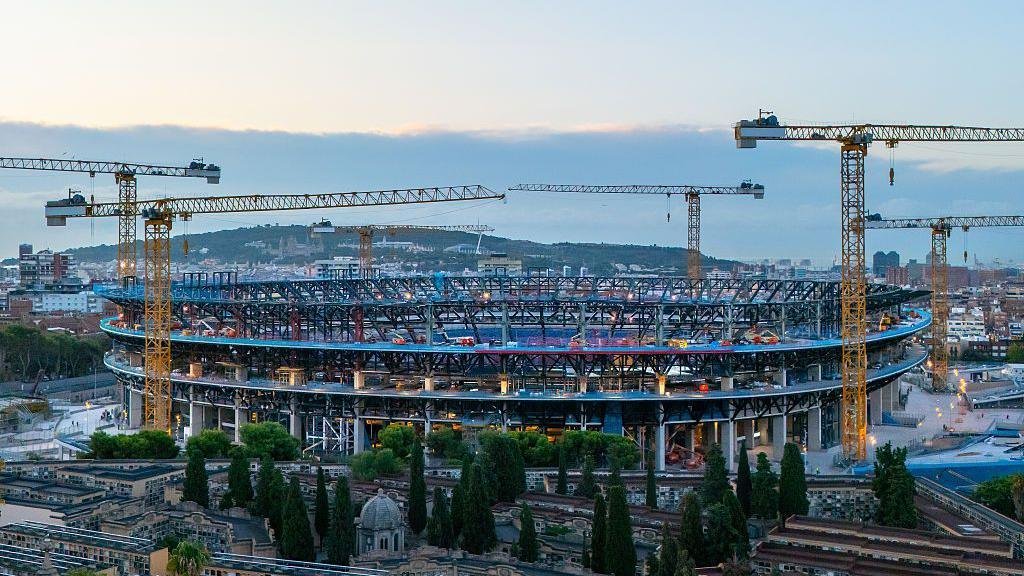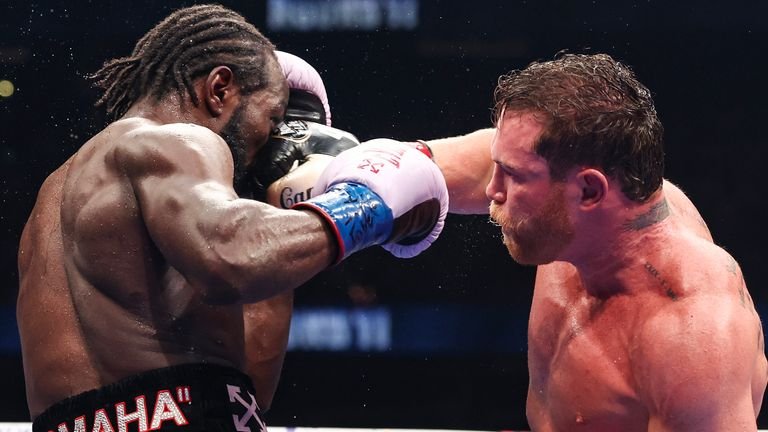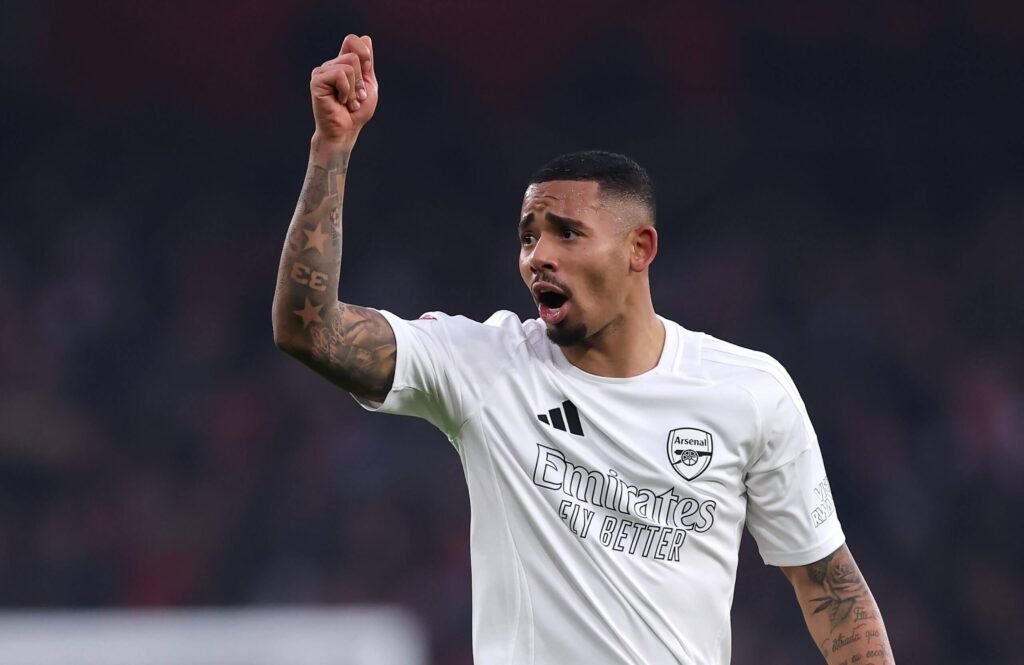This is the tenth in a series by The Athletic looking back at the winners of each men’s World Cup.
Previously, we’ve looked at Uruguay in 1930, Italy in 1934 and again in 1938, Uruguay in 1950, West Germany in 1954, before a Brazilian double in 1958 and 1962, an England success in 1966, and another Brazil win in 1970. This time, we’re off to West Germany.
Introduction
In a tournament compromised by wet weather and therefore boggy pitches, hosts West Germany were not overwhelmingly popular winners. Their 1972 European Championship-winning side had played open, expansive football, but that approach gave way to a more cautious, less spectacular approach here.
A key difference was the decline of star midfielder Gunter Netzer, who had controversially left Borussia Monchengladbach for Real Madrid a year earlier, but endured a disastrous first season in La Liga, failing to score a single goal. “They have the players and they will have the crowd support, but they also have the enigma of Netzer, their brilliant midfielder,” reed The New York Times’ Alex Yannis in his tournament preview. “If Netzer plays as well as in 1972, the West German team, with players like Wolfgang Overath, Gerd Muller and Franz Beckenbauer will undoubtedly go far.”

Gunter Netzer’s move to Real Madrid in 1973 was disastrous for his form the following summer (Gianni Ferrari/Cover/Getty Images)
That’s the extent to which Netzer was considered the key man beforehand, but his poor form eventually cost him a place in the West German starting XI, and the side compensated for his absence through discipline and energy rather than flair.
You might be surprised to learn…
The victorious West Germany squad nearly didn’t play in the World Cup at all. On the eve of the tournament, a row broke out over bonuses. The same was true of the Dutch squad, and such situations have become something of a World Cup cliche, but in 1974 this was considered novel, and a sign that the sport had become overrun by financial interests, even at international level.
Negotiations between the squad and the federation became so tense that Helmut Schon threatened to quit, and to drop the entire squad and play the reserves instead. Captain Beckenbauer eventually saved the day, convincing the players to accept a slightly lower offer from the federation than the one they had been holding out for. Still, this contributed to a somewhat tepid level of support for the hosts, even on home soil, especially when combined with flat, uninspiring football in the group stage.
First, they unconvincingly beat outsiders Chile and Australia 1-0 and 3-0 respectively. Then, as with West Germany’s previous World Cup triumph, there was a symbolic defeat.
Whereas in 1954 it had been against Hungary, who West Germany eventually defeated in the final, here it was in a politically charged game against East Germany — the only full international between the sides — played amongst a huge security presence.

West Germany meets East at the 1974 World Cup (Allsport/Hulton Archive/Getty Images)
The manager
As a striker, Schon scored 17 goals in 16 caps for Germany between 1937 and 1941, and as manager had taken West Germany to second and third place at the World Cup in 1966 and 1970 respectively, as well as to Euro 1972 success.
But that doesn’t explain the real story, which is that Schon was from Dresden, in East Germany, and fled to West Germany in 1950 because of political interference in East German football. He coached the Saarland ‘national’ side during its period of French occupation, when the players were prevented from representing West Germany. During that period, his Saarland side lost in the 1954 World Cup qualifiers to his future side, West Germany.
“I wanted to be everything apart from a football manager,” he once said. “I realised early how difficult and often unrewarding the job could be, and how it depends upon so many factors and circumstances over which even the best manager has little or no control.”

West Germany’s manager Helmut Schon, pictured here in 1972 (Don Morley/Allsport/Getty Images/Hulton Archive)
His lowest point came midway through this tournament, and that chastening defeat to East Germany — a game Schon desperately wanted to win, for understandable reasons. Afterwards he locked himself away, was unable to conduct a press conference the following day, and was described as being on the verge of a breakdown.
But the defeat forced Schon to adjust his side, and — perhaps like Spain’s defeat by Switzerland in 2010 or Argentina’s against Saudi Arabia in 2022 — was eventually considered a blessing in disguise, particularly as it put West Germany on the weaker half of the draw, in a tournament that featured a second group stage rather than quarter-finals and semi-finals. West Germany therefore had to finish above Sweden, Poland and Yugoslavia to reach the final, rather than Brazil, Argentina and the Netherlands.
Star player
Beckenbauer is considered the best and most influential defender in football history — with the only reasonable argument against that status being that he wasn’t really a defender at all. Originally renowned as an intelligent midfielder capable of driving forward into attack, Beckenbauer pioneered the role of the attacking sweeper, and future German midfield stars often copied him and dropped into that role.
Previously, playing as the ‘spare man’ in defence had been regarded as a purely defensive role, but Beckenbauer considered that, by being the extra player, he would have freedom in possession too — and license to bring the ball forward from the back. Four years beforehand, Brazil’s Gerson was considered unconventional as a playmaker operating unusually far back, in front of the defence. But Beckenbauer was positioned even deeper than him. Spoken about as an exception to the system-first football dominating Europe during this period, Beckenbauer was considered a flair player who had freedom to do as he pleased, although he was sometimes criticised for his languid nature.
Away from the pitch, Beckenbauer was also an old-school captain — and by ‘old-school’, this means a relic from the days when the captain was responsible for selection and tactics, before the football manager had become all-powerful.
After West Germany’s poor group stage performance, he convinced Schon to bring in fresh blood in the form of winger Bernd Holzenbein, who won the penalty for the equaliser in the final, and energetic midfielder Rainer Bonhof, who assisted the winner. He also started appearing alongside Schon at press conferences, taking the lead when it came to tactical questions.
It was little surprise he later became the side’s manager, and in 1990 he followed Mario Zagallo by becoming the second man to win the World Cup as both a player and a manager.

Beckenbauer receives the new-look World Cup trophy in 1974 (AFP via Getty Images)
Tactics
Beckenbauer’s role, starting as West Germany’s spare defender and then dribbling forward into attack to create chances for teammates, was the key feature of this side. But it was also one small part of the overall approach, and at the time this side was spoken about in a similar sense to the Netherlands, just as European Champions Bayern Munich were considered comparable to Ajax.
“It became clear just how close German football had become to Dutch football,” wrote Tobias Escher in his history of German football tactics, Vom Libero Zur Doppelsechs (From Libero To Double Pivot), of the 1972 side. “Schon’s philosophy, the dominant game, the possession of the ball, was the same as Rinus Michels’.”
While the 1974 side was not as entertaining, and was considered ageing need of younger legs — particularly at the start of the tournament — this was still a very fluid side. As well as Beckenbauer pushing forward, right-footed left-back Paul Breitner was also a multifaceted footballer who attacked like a Brazilian but defended like, well, a German.
West Germany’s precise XI changed throughout the tournament, particularly after the defeat by East Germany. In the final, Berti Vogts — who usually played to the right of defence — was given the task of watching Johan Cruyff, which meant a withdrawn role for winger Jurgen Grabowski, best known for influencing the game from the bench, particularly in Mexico four years beforehand in the first World Cup featuring substitutes. Vogts, incidentally, still had license to dribble forward, play a one-two and find himself through on goal in the first half. Total football.
West Germany’s players embraced that billing — to a certain extent. “I know that the expression has been used almost incessantly since about 1972, often by people who don’t really know what it means,” said Grabowski. “Basically, ‘total football’ is no magic formula, it simply means that every player should be allowed to attack and defend. In my view this concept will dominate the football scene for years to come.”
Their passing network from the final shows Beckenbauer and Uli Hoeness — who played ahead of Overath and Bonhof in a midfield trio — as the key passers. Muller seems disconnected from everyone else here, but then that was what Muller was all about.

The final
The first time a West Germany player touched the ball in Munich was when goalkeeper Sepp Maier picked it out of his own net. The Netherlands had kicked off, built a patient passing move which accelerated suddenly when Cruyff — as if to show what Total Football was all about — collected the ball as the Netherlands’ deepest player, a la Beckenabauer — then dribbled forward into the box, was tripped, before Johan Neeskens blasted the resulting penalty straight down the middle.
On this day, the 1974 #FIFAWorldCup Final was played… 🇳🇱🇩🇪 pic.twitter.com/xERm4wyaFn
— FIFA World Cup (@FIFAWorldCup) July 7, 2025
But what was cast as a battle between Cruyff and Beckenbauer didn’t play out that way. Neither had an outstanding game, with Cruyff largely kept quiet by Vogts. At the time, the Dutch were criticised for holding onto possession and slowing the game at 1-0, rather than going for more goals, although through a modern lens this seems a standard tactic.

Similarly, the penalty for West Germany’s equaliser was considered soft — Holzenbein was renowned for going to ground easily — but Wim Jansen dived in, and got nowhere near the ball, and it would be considered a stonewall penalty in 2025.
Breitner unfussily converted the game’s second penalty. 1-1, and and it was game on. “Perhaps the Dutch thought we would be easy after they scored that goal in the first minute,” Schon said afterwards. “But a match lasts 90 minutes and the better fighters won it.”
The defining moment
Considering it was the winning goal in a memorable final, Muller’s crucial strike shortly before half-time — a good shot on the turn, one of his specialisms — doesn’t feel particularly famous compared to mere ‘clinching’ goals scored in the 1966 and 1970 finals, for example.
But Muller was a fitting matchwinner; he was the outstanding finisher of his generation. This goal took him clear of Just Fontaine and onto 14 World Cup goals, scored across 1970 and 1974, the most until he was overtaken by Ronaldo of Brazil (15) in 2006 and fellow German Miroslav Klose (16) in 2014. It must also be said that, for all the lamenting of the Netherlands’ failure to win, West Germany — and Muller — were robbed of a clear goal in the second half due to an erroneous offside flag.
Muller’s goal that did count, incidentally, was featured on the front page of the New York Times the day after the game.

Were they definitely the best team?
Definitely? No. But West Germany were closer to the Netherlands than many contemporary accounts would suggest, both in style and and ability.
This really wasn’t anything like 1954, when Hungary were clearly the strongest side and West Germany’s win felt like a complete injustice. This was the Netherlands being defeated by a less flamboyant side, but one which offered technical skill, tactical quality and a sense of disciplined ruthlessness and defensive quality that all winning sides must possess. Interestingly, some accounts from the time suggest that Poland, rather than either of the finalists, were the most exciting side at the competition.
In World Soccer, Brain Glanville suggested that both the finalists of 1974 would have lost to the Brazil of 1970, and indeed the West German European Championship winners from two years beforehand.
His colleague Eric Batty, in a typically downbeat assessment, referred to “a mediocre West German team… very fortunate winners… like England eight years ago, I doubt if they would be successful anywhere else in the world expect on West German soil.”
If Batty was sick of the hosts winning the World Cup, he would be left further disappointed by the following tournament in Argentina.
(Design: Eamonn Dalton for the The Athletic; Werner Schulze/ullstein bild; STF/AFP via Getty Images)







